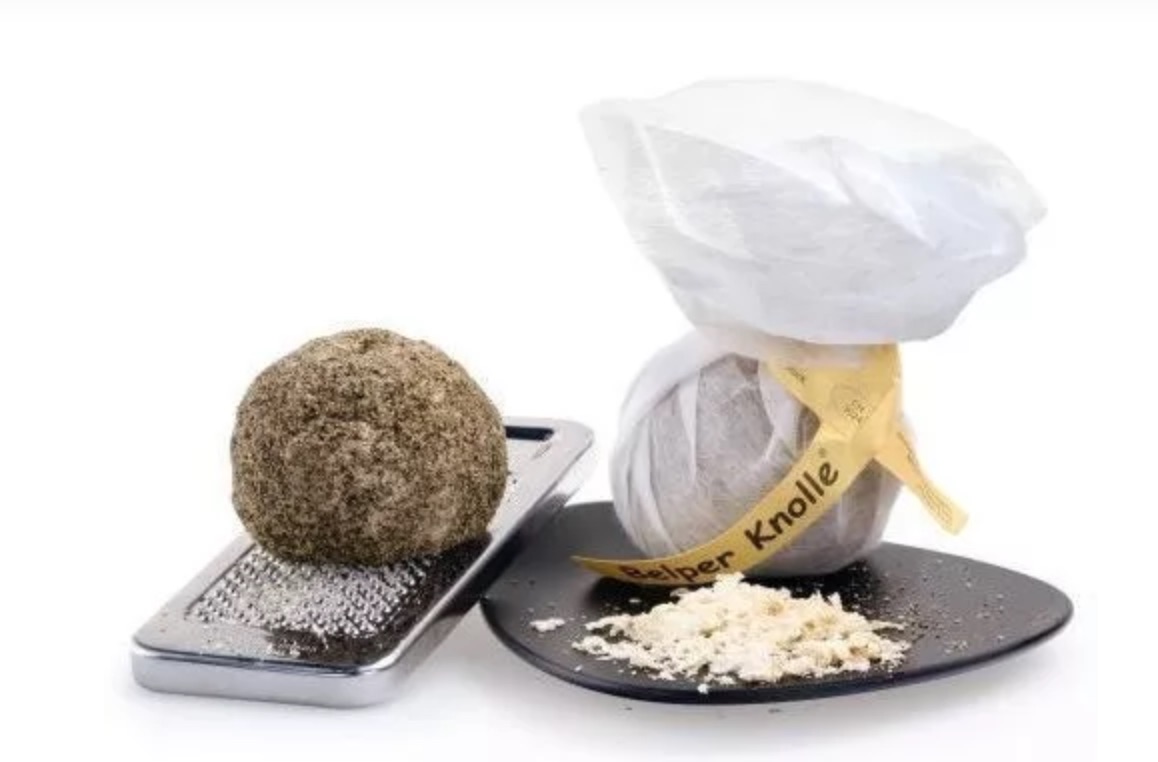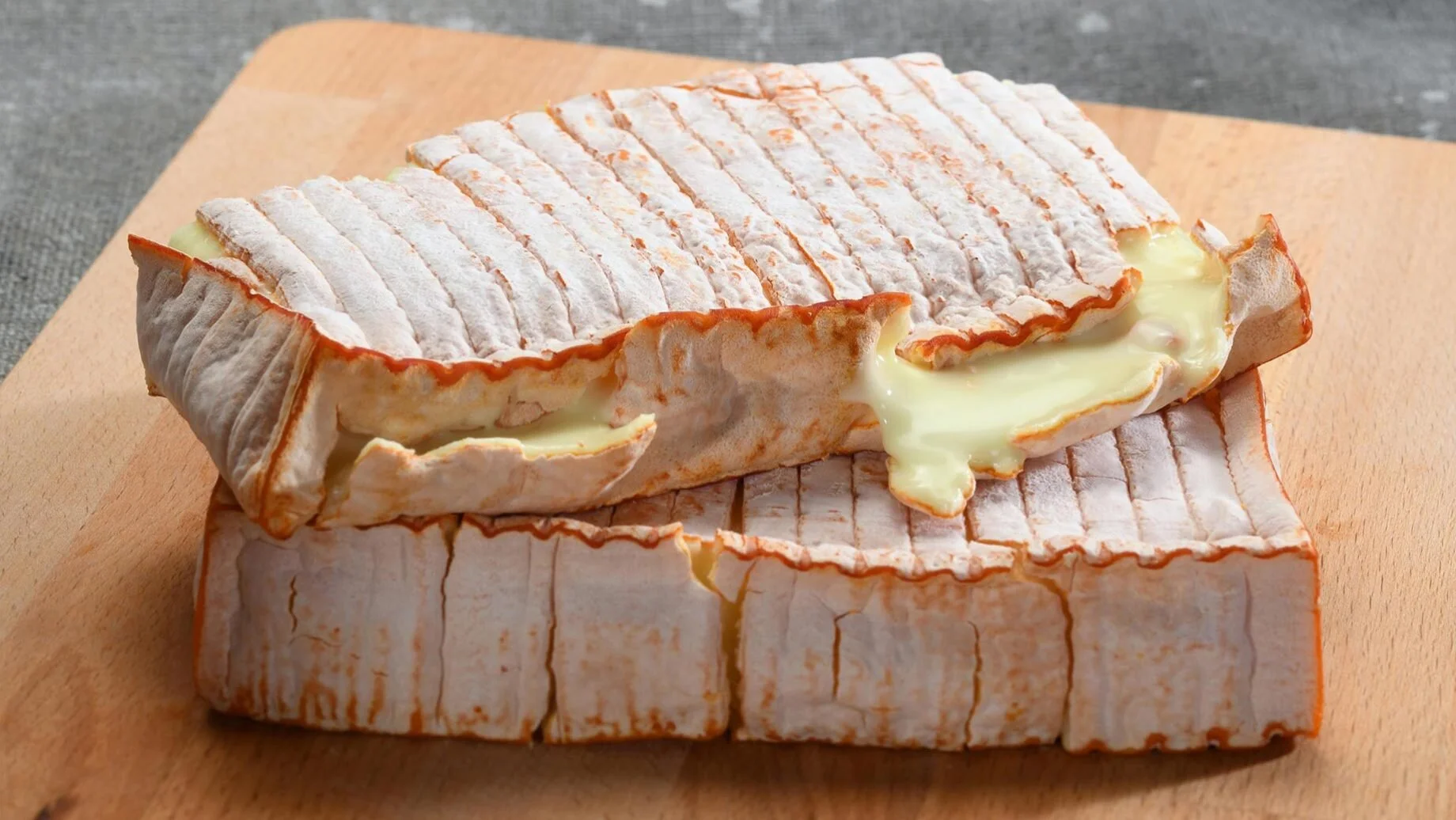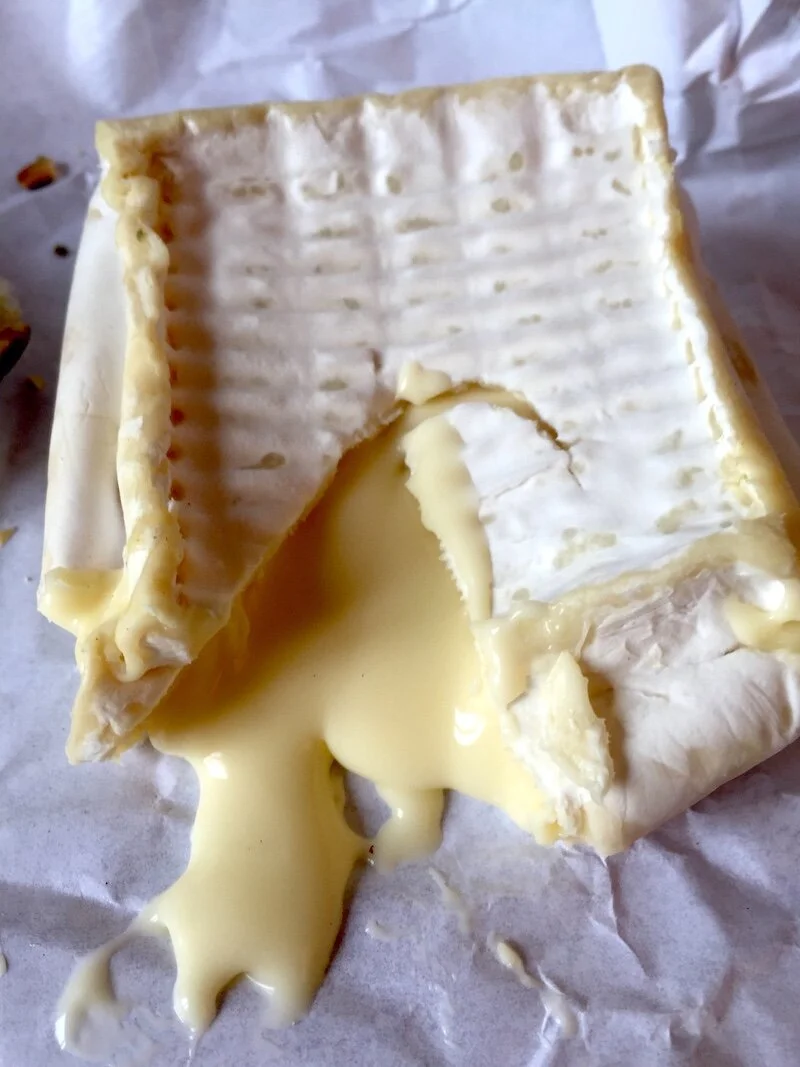Photo: Dallmayr
World Cheese Encyclopaedia - Each Sunday learn all about a new cheese.
This week Belper Knolle from Switzerland.
Country: Switzerland 🇨🇭
Photo: Creative commons/ Popo le Chien
Region: Belp, Canton of Bern
Made from: Simmental Cow’s milk
Pasteurised: No
Texture: Hard (gold) or soft (red)
Taste: Black pepper, garlic and Himalayan salt.
Certification: No
Aging: minimum 3 months
The Belper Knolle is a Swiss cheese made in the city of Belp, Switzerland.
Made from unpasteurized cow's milk, it can be found in two variants, red or gold depending on its degree of maturation, fresh or dry. A fresh Belper Knolle (red) can be heated to 60 °C and softened before consumption. Belper Knolle literally translates to “the tuber from Belp,” a nod to its iconic earthy appearance.
Raw milk is delivered directly to the dairy without being heated or cooled—instead, it’s made into cheese right away. Infused with garlic and rolled in ground black pepper, this cheese makes a statement on the eyes and the palate. Aged 13 to 15 weeks, this small cow’s milk sphere, becomes firm and flaky, rock hard in texture and impossible to slice, making it only suitable for shaving or grating.
Photo: culturecheesemag.com
Despite the dry paste, aged Belper Knolle has an amazingly intense flavor. The mouthfeel and taste are initially almost cream-like and then the full force of the spices kicks in. Herbal, garlicky notes run rampant.
History
First created in 1993, Belper Knolle is the invention of third-generation Herr Glauser, who runs a small dairy located in the small town near Berne.
The two founders of Jumi are from the Emmental—Mike Glauser grew up in a dairy, and Jürg Wyss on a traditional farm—and started the company over a decade ago. They've been experimenting with new flavours and iterations of cheese ever since.
Photo: winesearcher.com
Together with other small, local, cheesemakers (Fromagerie Glauser, Fromagerie Jakob, Fromagerie Steinen & Fromagerie Belp), they created the association “Jumi Export” with the goal of showing real traditional Swiss cheeses to the outside world.
How to enjoy it
Perfect served in fine slices or crumbled, grated or shaved over pasta, risotto, salad, steamed potatoes, or steak.
This is an acidic, herbal cheese, so it pairs best with white wines. Such as Benedicte de Rycke Jasnièresfrom the Loire Valley.
Source: Wikipedia, The Word on Cheese Culture, The Chees Society, Helvetic Kitchen, Portalis Wine Blog, winesearcher.com
Looking for a different cheese? Search the whole cheese encyclopaedia here.






























